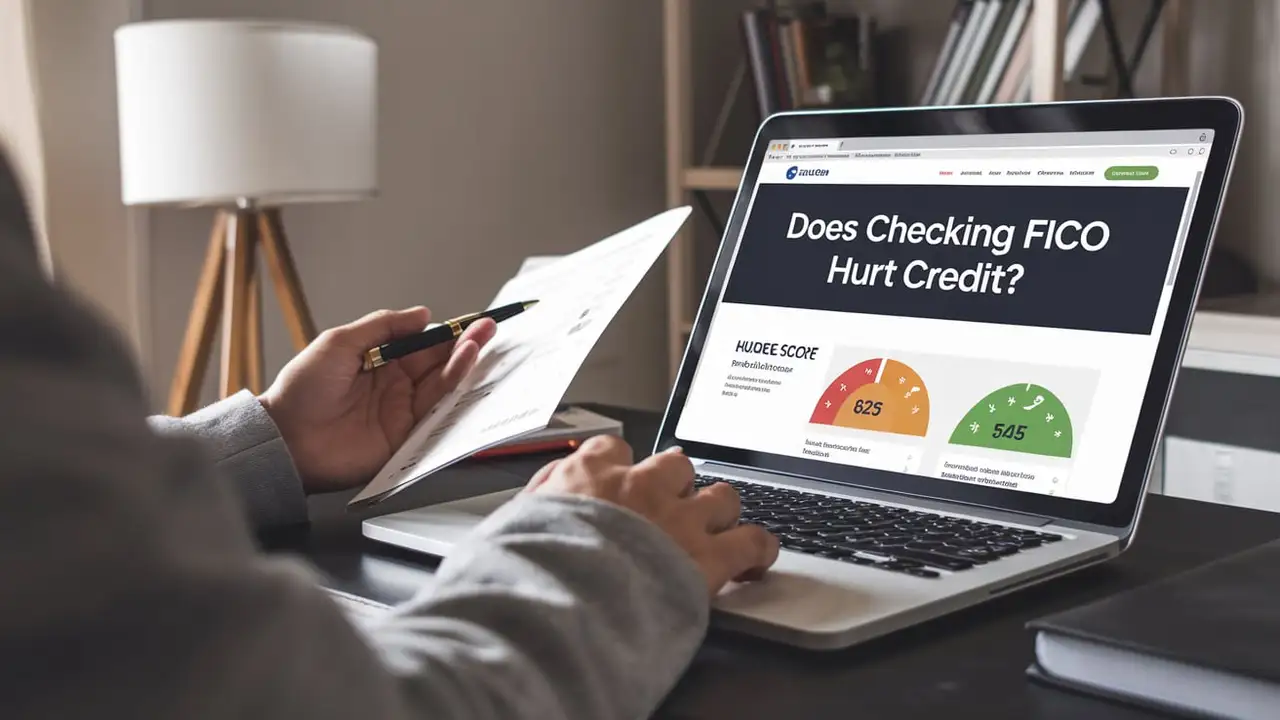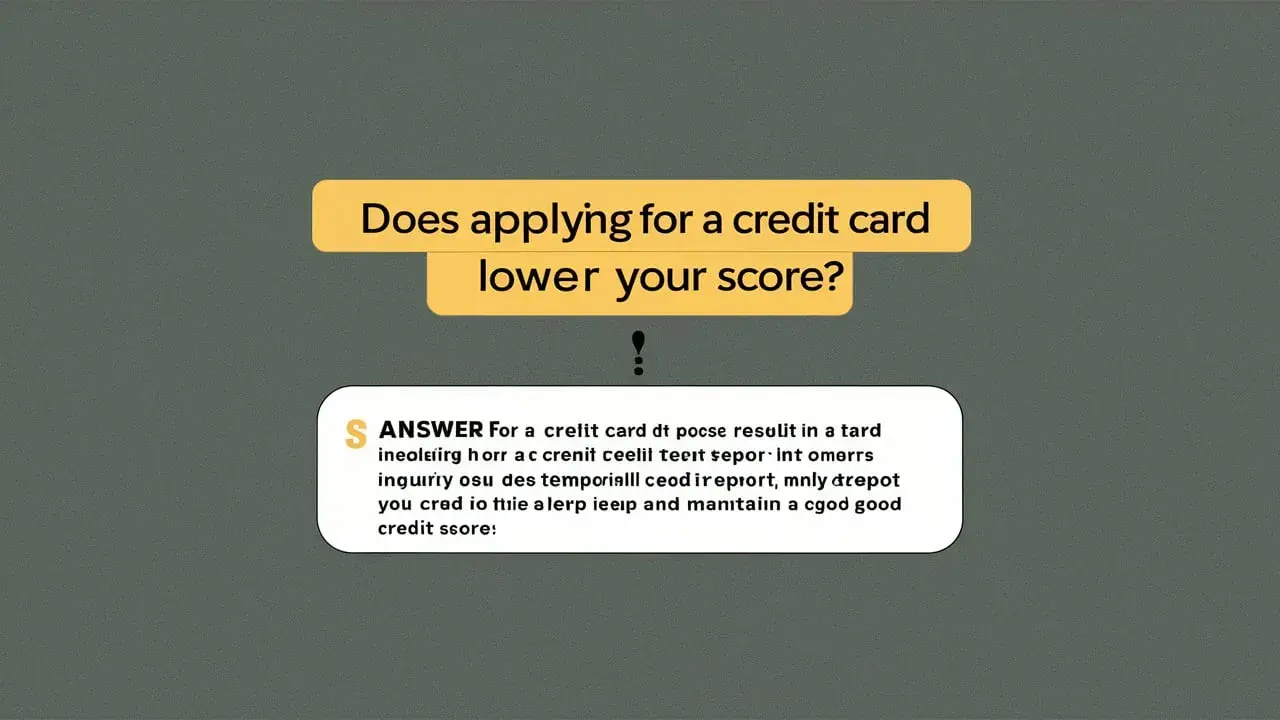-
Posted on: 05 Aug 2024

-
One often hears people wondering whether it is feasible to check their FICO score without compromising it. Consumers would naturally want to monitor their scores as credit is a major factor utilized by banks and other financial institutions in lending decisions. Credit cards, mortgages, and anything in between all depend on this fundamental determinant. Some, however, may be discouraged from regular checking by concern that scores would be lowered unwarrantedly.
Does looking at your FICO score damage credit? No is the quick response to this question. If you do not see your own FICO score, then have it lowered directly from that action. This is so even if you perform a credit check, sometimes known as a soft inquiry, your score is unaffected. Conversely, a "hard pull," which will somewhat lower your score, occurs when a lender pulls your credit record.
Why FICO is important Your FICO score is a numerical value ranging from three hundred to eight hundred and fifty. Data from the three credit bureaus— Experian, TransUnion, and Equifax—helps one to ascertain this. FICO scores reveal a person's specific credit score. Higher is better; usually speaking, above seven hundred and twenty is seen as excellent credit condition.
Banks and other credit providers use FICO scores among other factors when reviewing loans, credit cards, mortgages, and other applications. Anything above that boosts your approval rates and will usually let you in for better terms. This way, you can come across these issues and rectify them as early as possible after their detection. Credit also gives you leverage on better financial tools since you will have well-notes credit to access cheap sources of finance.
A critical distinction one has to make is between hard inquiries and soft inquiries. The only concern that consumers have when it comes to checking their FICO score is the fact that it will involve a credit check that in itself pulls down the score that the consumers are hoping to maintain. Fortunately, that is not the situation. This means that when you check your score, this is also considered a soft check.
Soft inquiries do not affect your score in any way because they are not visible to the lenders. These inquiries are only visible to you. For instance, routine checks by creditors to send pre-approved credit card offers, checks by potential employers, checks made out of curiosity, and checks by insurers. These inquiries do not appear on the actual credit report that you are provided with.
However, hard inquiries are reflected in your report and can reduce your score slightly. Examples include credit checks by lenders when one is formally applying for a credit card or loan. Multiple hard inquiries in a short space of time is not good for credit score but the effect is normally small. Additionally, when applying for a loan, rate shopping is only considered as one inquiry if done within a few weeks.
How to Check Your Score Fortunately, monitoring your FICO score is simple and does not cost anything. Here are some options:
Free services are offered by your bank or credit card issuer. It is now becoming more common for institutions to provide free FICO scores for clients through online banking platforms.
Free tools from FICO. Possibilities include a minimum of the FICO Score for $0. 00 at myFICO.com.
Free credit monitoring services. Sites such as Credit Karma offer VantageScores based on TransUnion and Equifax data and allow you to access your full credit reports at any time for free. Although they are not FICO scores, these still provide some information.
Small fees are charged by FICO directly. For those interested in obtaining their actual FICO score from all three credit bureaus, they can do so through myFICO. com at a cost of approximately twenty dollars per bureau.
Regardless of whether you get your score through your bank or a free site or pay small fees to FICO directly, none of the possibilities involves a hard inquiry. Therefore, just have a look as often as you feel like it without any consequences to your credit rating.
Monitoring Credit is Important One of the benefits of using an FICO score is that you get to track your credit status over some time when you check your FICO score. This is important in avoiding complications that come with inaccuracies and, in some cases, fraud. Looking at one’s score also provides visibility into the effects of credit decisions and efforts toward enhancing it.
The takeaway
Fear of a knock on the credit score should not stop you from checking the FICO score out. It is therefore wise to check your credit every month. So, simply make sure that you use those options that show your FICO score without affecting your report via hard inquiries. This is because checking your score has no adverse effects unless it is done as part of the process of reviewing an application for loans.
Call now for expert credit repair services: (888) 803-7889
Read More:
What is a good FICO score by age?
What is considered a bad FICO score?











